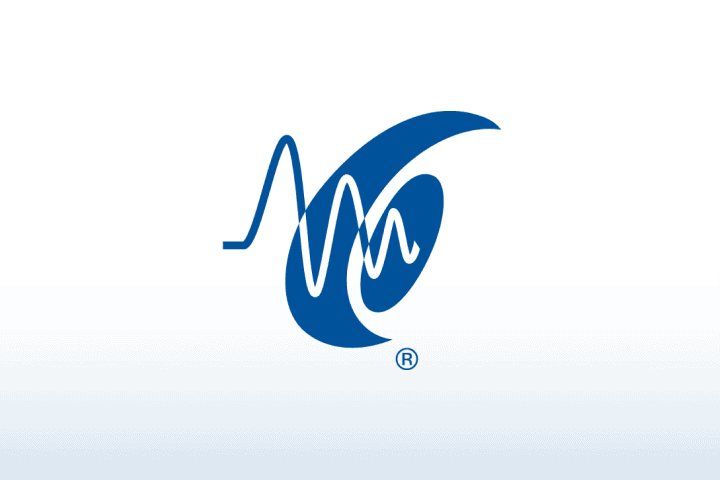
Speakers:
Angela Garinis, PhD
Carmen Brewer, PhD
Gayla Poling, PhD
CEUs: 0.1 AAA/Tier 1 CEUs
Duration: 60 minutes
Instructional Level: Intermediate
Program Focus: Knowledge
Description:
Incorporating ototoxicity management into patient-centered care is feasible and critical for maintaining quality of life in patients at risk for hearing, balance and/or vestibular loss across the lifespan. Monitoring for ototoxicity provides the opportunity to obtain a pathophysiological description of the longitudinal effects of the ototoxic agent on an individual’s auditory and vestibular systems. This information also aids our ability to address each patient’s needs and the identification of clinical risk factors associated with the development of ototoxicity in unique populations. Thus, early identification, prevention, and mitigation of ototoxicity-related symptoms are recommended through the routine implementation of ototoxicity-monitoring protocols.
Learning Outcomes:
1. Identify current national guidelines and published consensus statements for ototoxicity monitoring protocols.
2. Discuss current gaps and barriers for implementing a successful ototoxicity management program across diverse clinical populations.
3. Describe screening measures and mobile technologies for potential use in an ototoxicity management program.
Speakers:
Angela Garinis, PhD
Carmen Brewer, PhD
Gayla Poling, PhD
CEUs: 0.1 AAA/Tier 1 CEUs
Duration: 60 minutes
Instructional Level: Intermediate
Program Focus: Knowledge
Description:
Incorporating ototoxicity management into patient-centered care is feasible and critical for maintaining quality of life in patients at risk for hearing, balance and/or vestibular loss across the lifespan. Monitoring for ototoxicity provides the opportunity to obtain a pathophysiological description of the longitudinal effects of the ototoxic agent on an individual’s auditory and vestibular systems. This information also aids our ability to address each patient’s needs and the identification of clinical risk factors associated with the development of ototoxicity in unique populations. Thus, early identification, prevention, and mitigation of ototoxicity-related symptoms are recommended through the routine implementation of ototoxicity-monitoring protocols.
Learning Outcomes:
1. Identify current national guidelines and published consensus statements for ototoxicity monitoring protocols.
2. Discuss current gaps and barriers for implementing a successful ototoxicity management program across diverse clinical populations.
3. Describe screening measures and mobile technologies for potential use in an ototoxicity management program.

